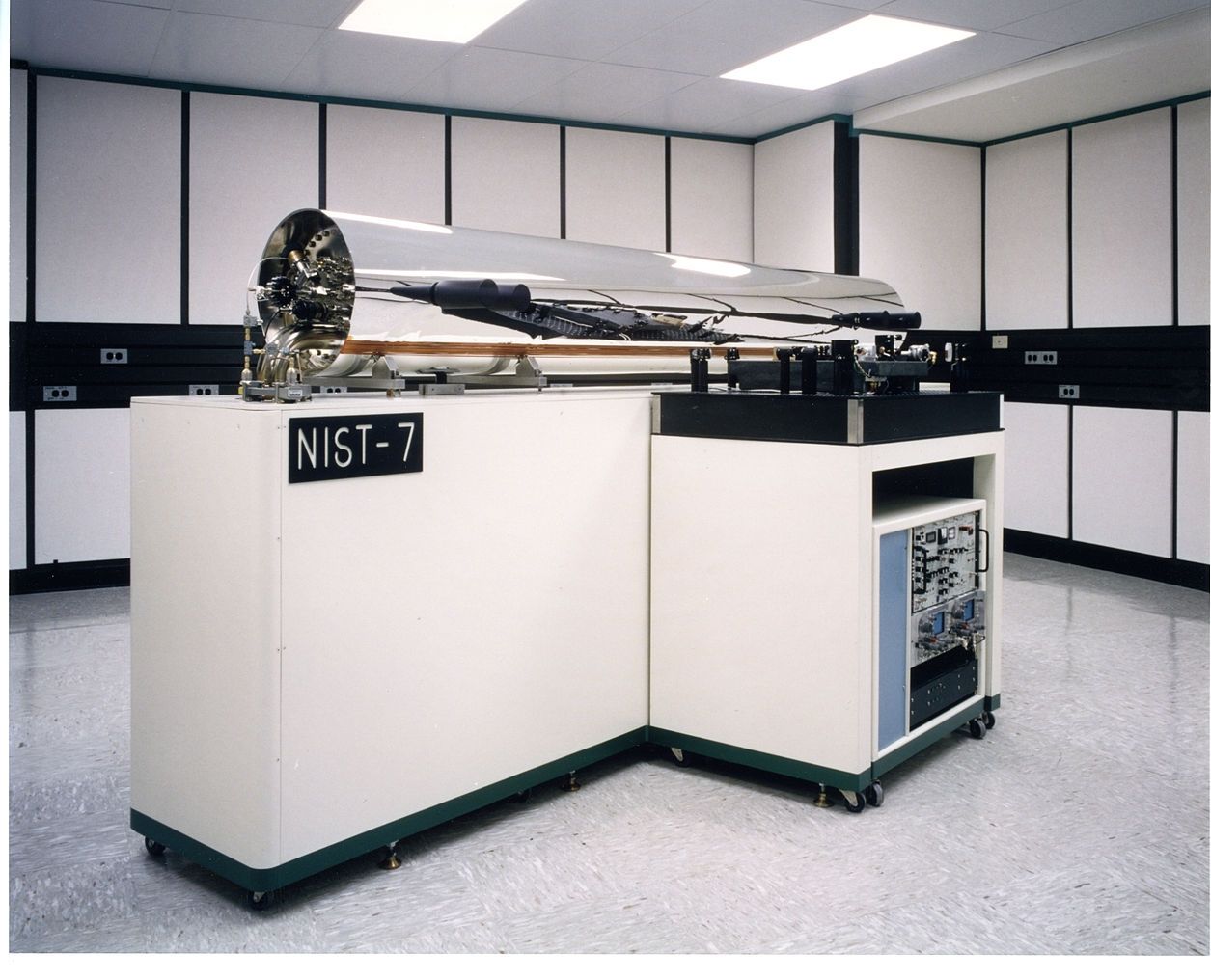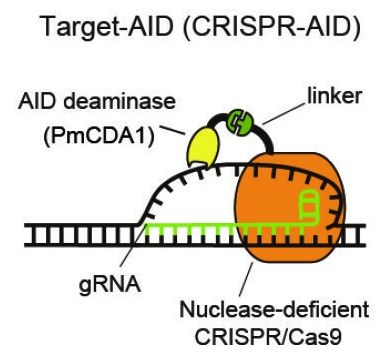Page 10918
Aug 26, 2016
Construction Corner: Growing materials on demand where they’re needed
Posted by Karen Hurst in category: materials
Nice read on DARPA’s Engineered Living Materials (ELM) program. DARPA’s program to improve the quality of cell circuitry and other synthetic bios.
Aug 26, 2016
Cheap and Useful 3D Printed Electronics
Posted by Karen Hurst in categories: 3D printing, mobile phones, solar power, sustainability
Nice.
Shopping trends change from time to time while consumers continue to search for more affordable products with better functionality and specs. Researchers and developers around the world continue to improve company products while lessening the cost of producing these materials.
Gadgets like smartphones, LED lights, tablets and solar cells are already part of the mainstream, and it is not going to change anytime soon. Companies that are involved in this industry must always keep a competitive edge against other manufacturers.
Continue reading “Cheap and Useful 3D Printed Electronics” »
Aug 26, 2016
Robots Inherit the Farm
Posted by Karen Hurst in categories: employment, food, robotics/AI, sustainability
In the US during the early 2000s there was an old political term for low skilled jobs, politicians called these jobs “the jobs that no one in America wanted.” Well, we now can start seeing the slogan by politicians as “the jobs that Robots can do for free.”
The focus of automation in farming has shifted from assisting humans to replacing them.
Aug 26, 2016
China Sets New Tone in Drafting Cybersecurity Rules
Posted by Karen Hurst in categories: business, cybercrime/malcode, encryption, government, information science
I have been seeing this for the recent weeks; I find it interesting and another step in China’s own move to be a global leader of tech. Could be either good or bad in the longer term.
China is taking a more inclusive tack in instituting cybersecurity standards for foreign technology companies, allowing them to join a key government committee in an effort to ease foreign concerns over the controls.
The committee under the government’s powerful cyberspace administration is in charge of defining cybersecurity standards. For the first time, the body earlier this year allowed select foreign companies— Microsoft Corp. MSFT −0.39 %, Intel Corp. INTC 0.43 %, Cisco Systems Inc. CSCO 0.14 % and International Business Machines Corp.—to take an active part in drafting rules, rather than participating simply as observers, said people familiar with the discussions.
Continue reading “China Sets New Tone in Drafting Cybersecurity Rules” »
Aug 26, 2016
World’s Scientists: “Human Consciousness Will Remain a Mystery”
Posted by Karen Hurst in categories: bioengineering, computing, mathematics, neuroscience, quantum physics

More insights on human conscientious in relation to its state after we die.
Personally, (this is only my own opinion) I believe much of the human conscientious will remain a mystery even in the living as it relates to the re-creation of the human brain and its thinking and decision making patterns on current technology. Namely because any doctor will tell you that a person’s own decisions (namely emotional decision making/ thinking) can be impacted by a whole multitude of factors beyond logical information such as the brain’s chemical balance, physical illness or even injury, etc. which inherently feeds into conscientious state. In order to try to replicate this model means predominantly development of a machine that is predominantly built with synthetic biology; and even then we will need to evolve this model to finally understand human conscientious more than we do today.
Continue reading “World’s Scientists: ‘Human Consciousness Will Remain a Mystery’” »
Aug 26, 2016
DARPA Wants Long-Lasting Super-Precise Portable Atomic Clocks
Posted by Karen Hurst in category: military
DARPA’s quest to perfect the portable clock for GPS, and other military assets. Time release perfected is a nice added feature.
Time for an upgrade.
Aug 26, 2016
The Government May Actually Be Able To Beam Voices into Your Head Soon
Posted by Karen Hurst in category: government
This concept is both exciting and scary at the same time. Nonetheless, we are now finally seeing how some of the wave frequency research is to be used in the public.
Wired recently reported that DARPA , the Defense Advanced Research Projects Agency, is working on a communications device that would beam sound over a distance that only a targeted person could hear.
Aug 26, 2016
Researchers succeed in developing a genome editing technique that does not cleave DNA
Posted by Karen Hurst in categories: bioengineering, biotech/medical
Major advancement in Gene Editing.
A team involving Kobe University researchers has succeeded in developing ‘Target-AID’, a genome editing technique that does not cleave the DNA. The technique offers, through high-level editing operation, a method to address the existing issues of genome editing. It is expected that the technique will be applied to gene therapy in the future in addition to providing a powerful tool for breeding useful organisms and conducting disease and drug-discovery research. The findings were published online in Science on August 5.
The team consists of Project Associate Professor NISHIDA Keiji and Professor KONDO Akihiko (Graduate School of Science, Technology and Innovation, Kobe University) as well as Associate Professor YACHIE Nozomu (Synthetic Biology Division, Research Center for Advanced Science and Technology, the University of Tokyo) and Professor HARA Kiyotaka (Department of Environmental Sciences, Graduate School of Nutritional and Environmental Sciences, University of Shizuoka).
Aug 26, 2016
Beyond silicon: We discover the processors of your future tech
Posted by Karen Hurst in categories: bioengineering, biological, computing, quantum physics
New updated article on the evolution of the processors of tomorrow.
Personally, I find this article runs short in only focusing on carbon, organics aka plastics, and QC as future replacement. With the ongoing emergence of synthetic biology and what this could mean for processors; I would suggest the author explore further the future of synthetic bio.
From stacked CPUs to organic and quantum processing.
Continue reading “Beyond silicon: We discover the processors of your future tech” »
















